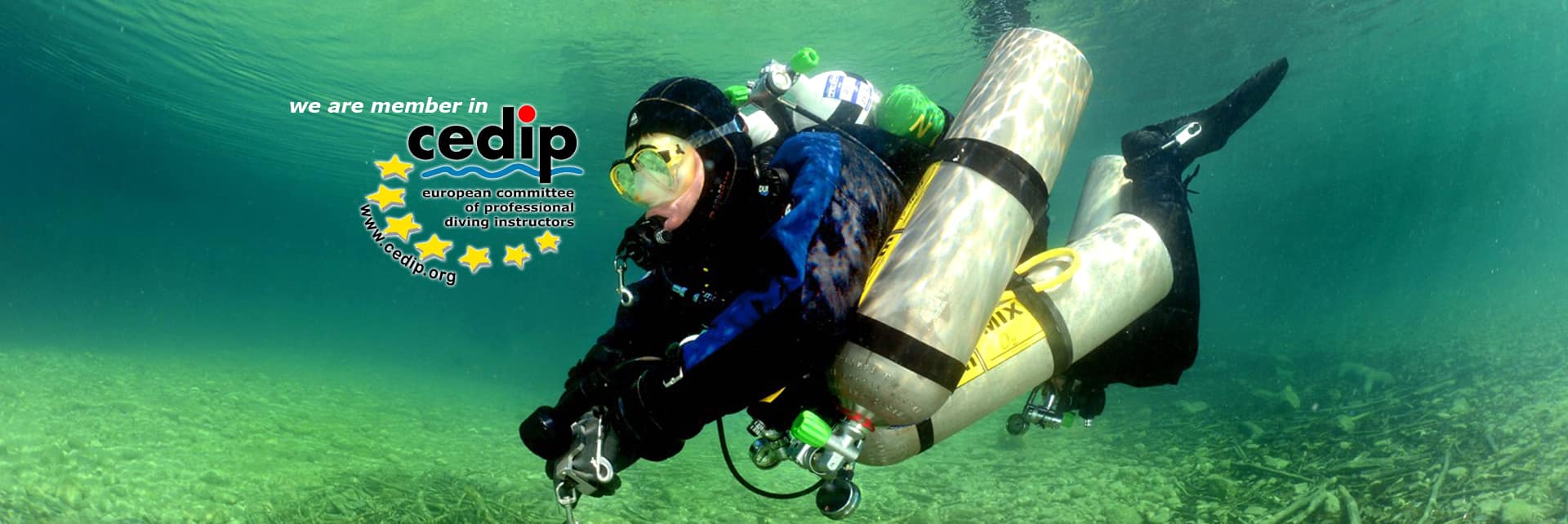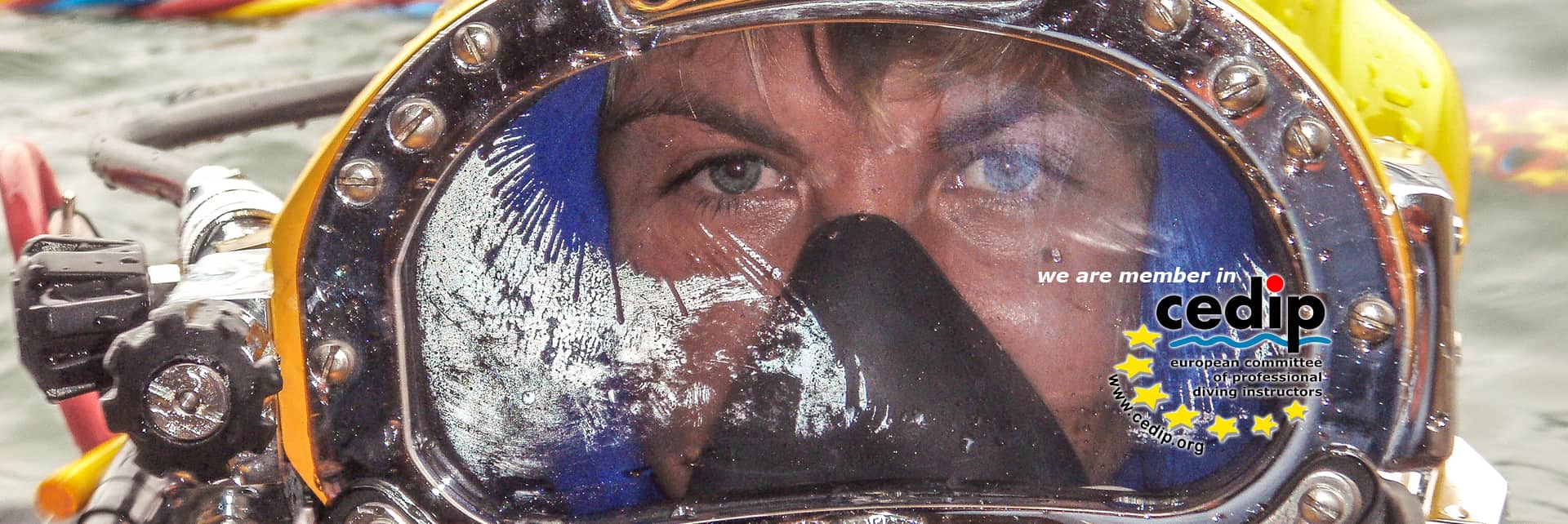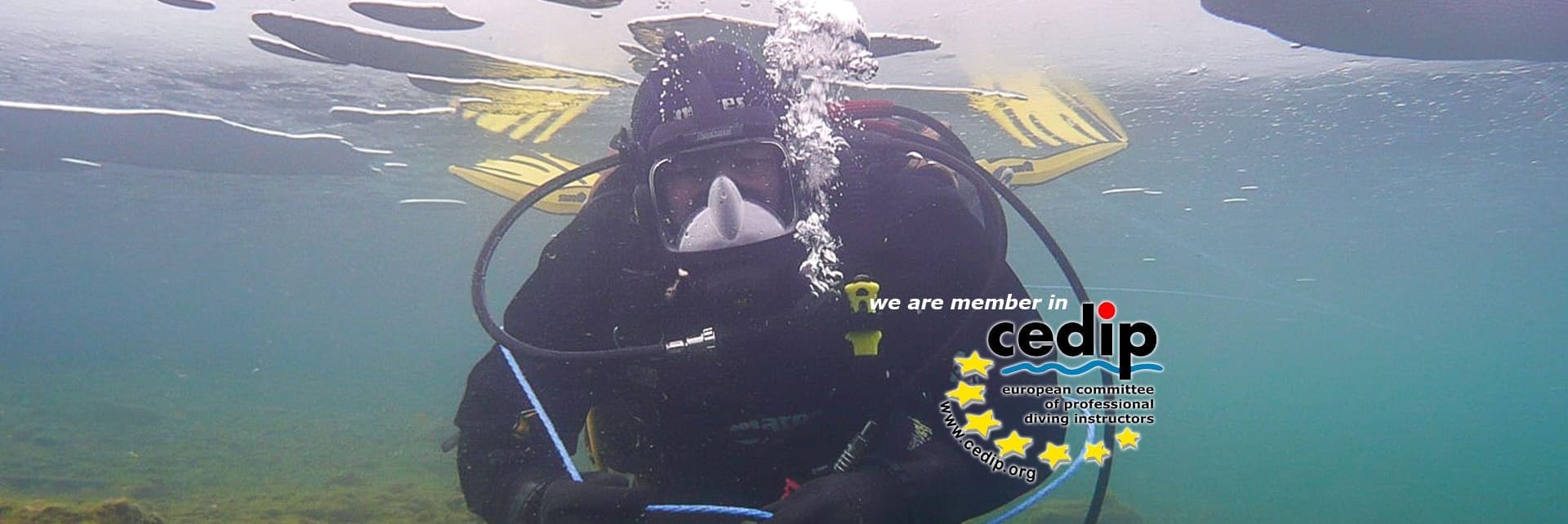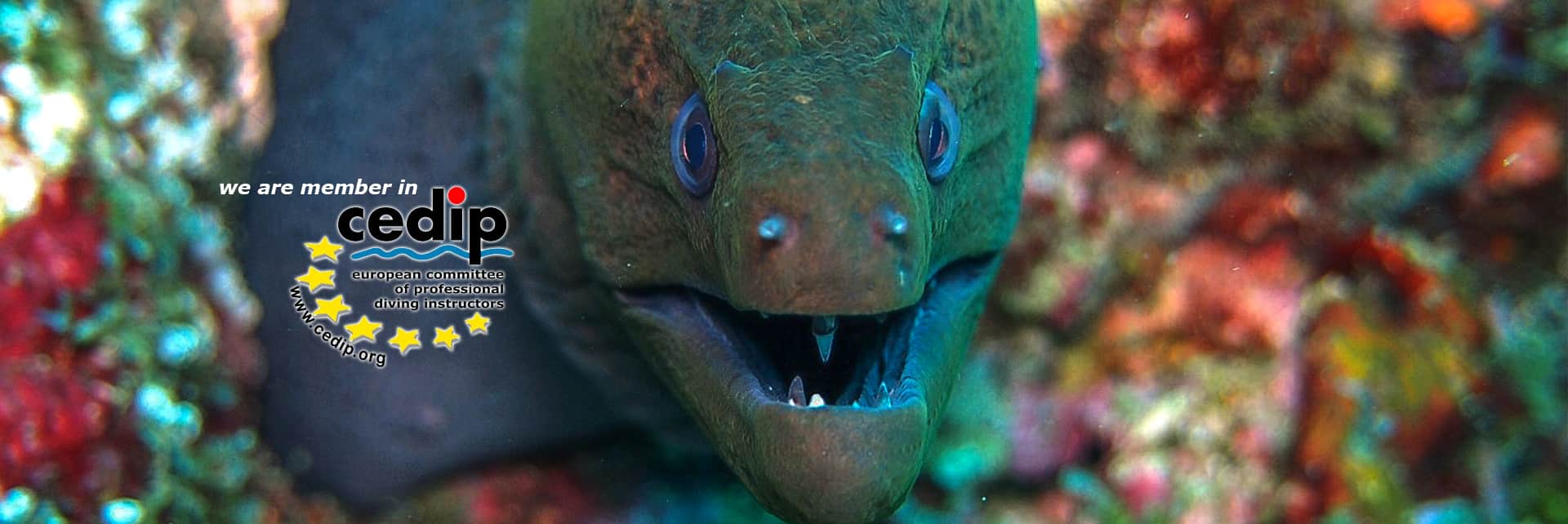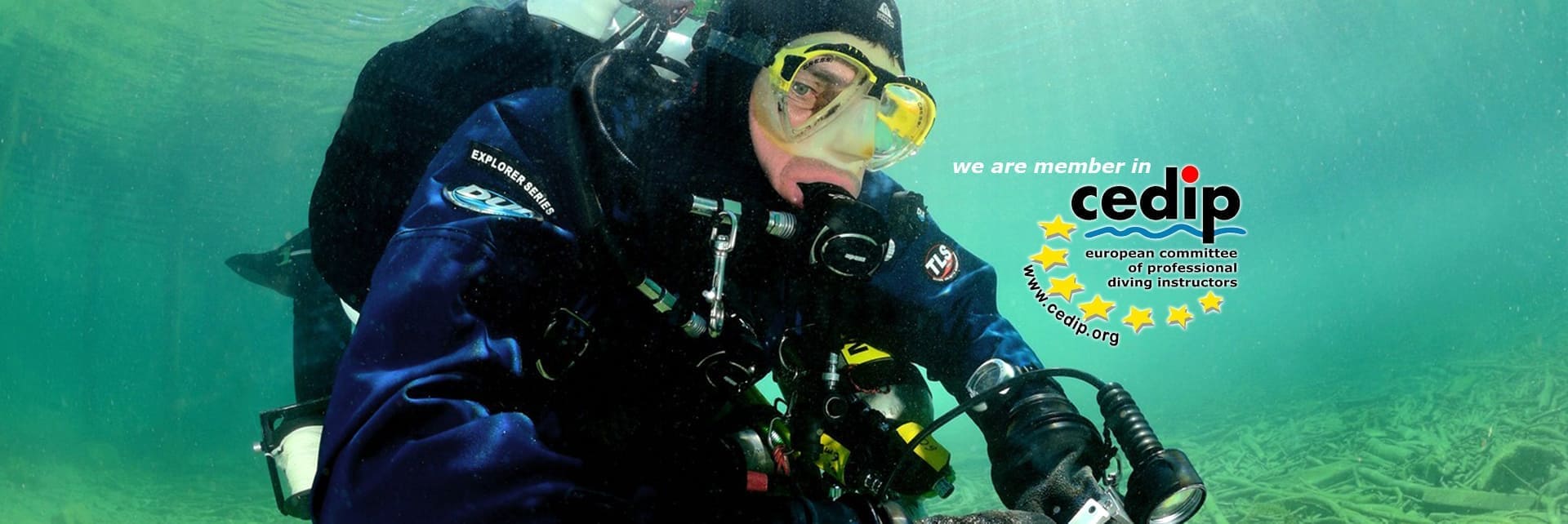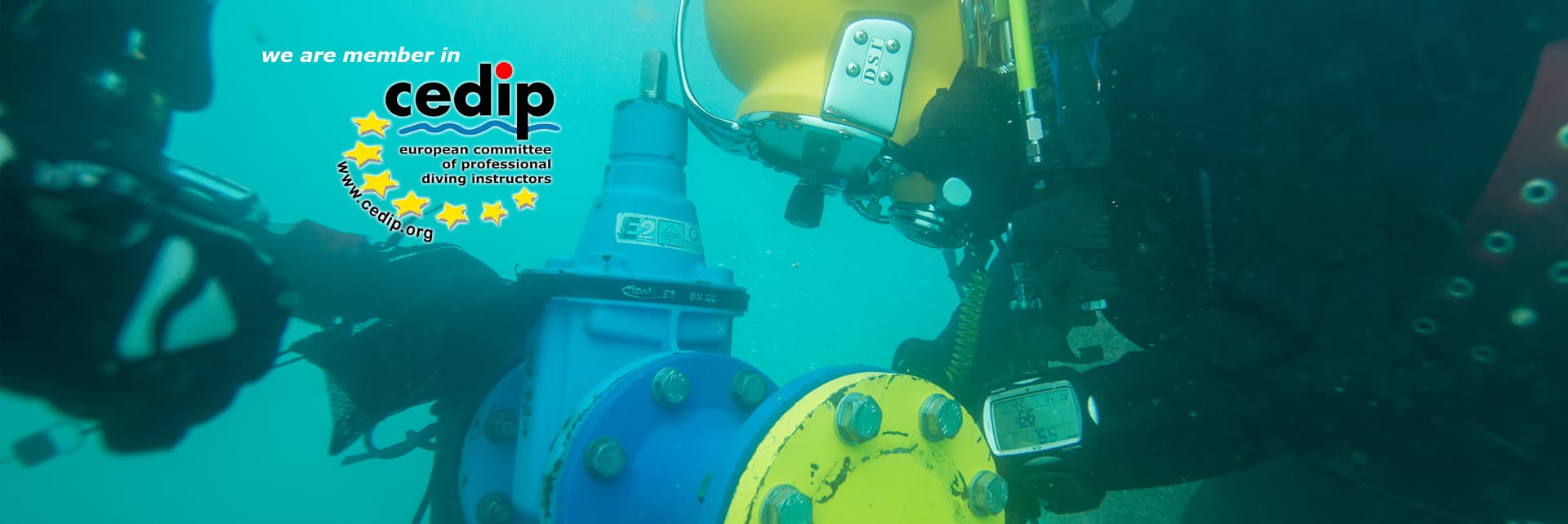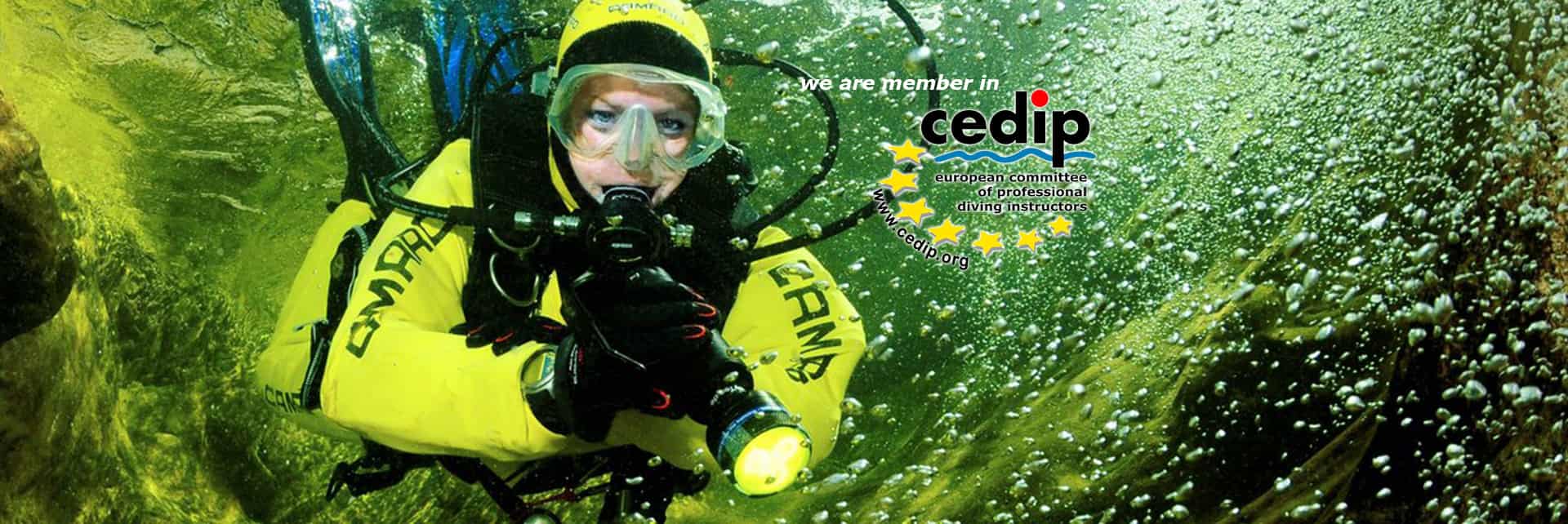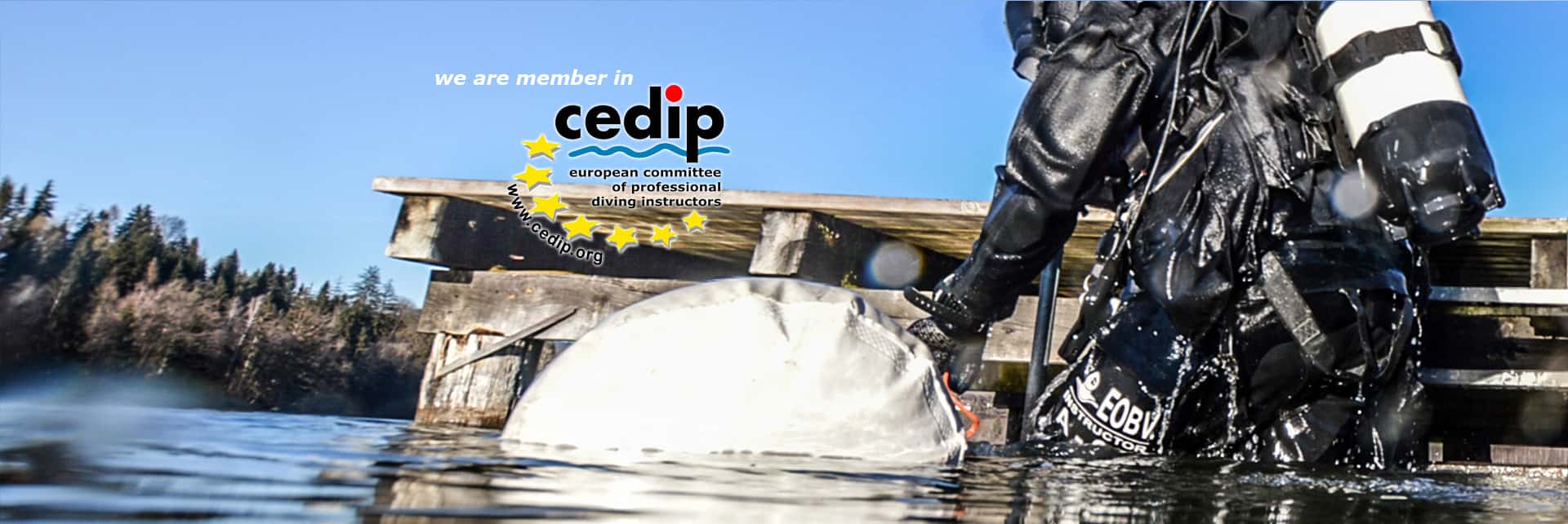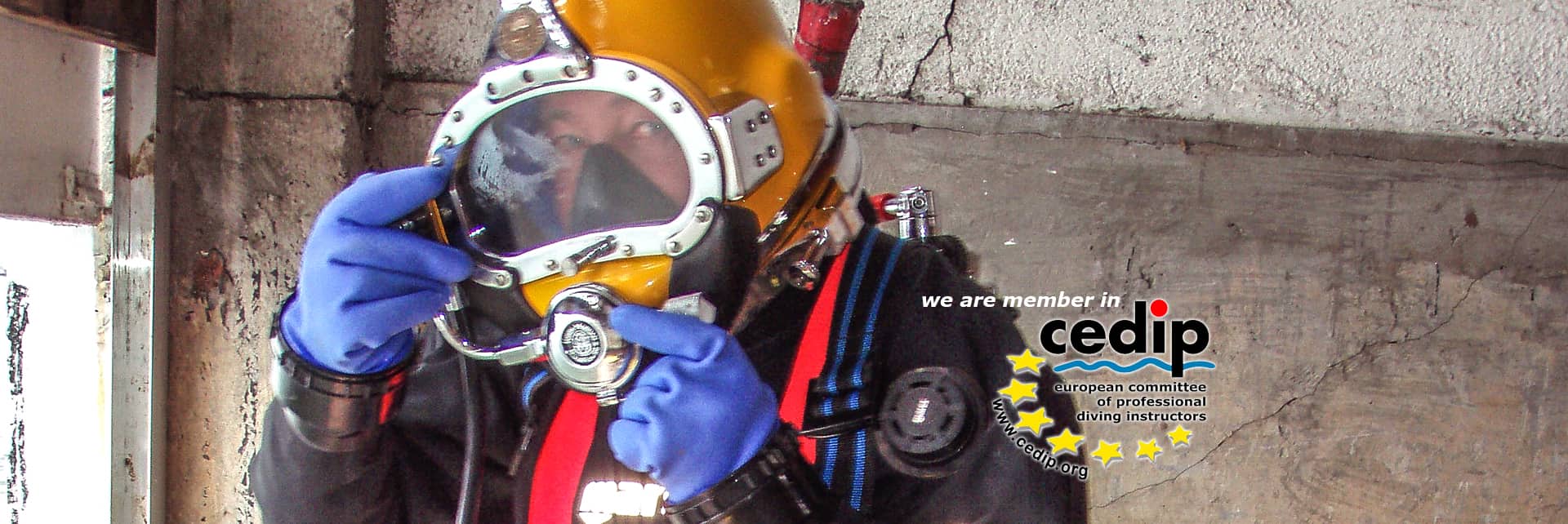Scuba gear maintenance
Wintertime is just around the corner and the weather doesn’t exactly make you want to go diving during the winter months. Conclusion, you leave the diving equipment in the closet and then experience nasty surprises next spring, when you are really hot for diving again after several months of abstinence …
It starts with the fact that the diving suit suddenly no longer fits, not only because of the extra Christmas pounds and winter fat, but also one or the other piece of equipment can be defective or even stop working altogether.
This is easy to avoid if you are careful with your diving equipment. This not only saves a lot of trouble, but also a lot of money.
The care of the diving suit
Wash at 30°C (no more!) with a mild detergent in the washing machine. Do not spin and do not iron! Detergent residues are best removed by rinsing the diving suit once or twice with clear water in the washing machine.
To dry on a cool. hang it up on a hanger in a shady place and let it dry completely for several days before putting it away. If you often wriggle in your diving suit, you should also disinfect the inside of the suit with a little Sagrotan spray, otherwise “odors” can occur and settle in the suit.
zippers
can easily be made smooth again with a little silicone spray and the zipper is also preserved.
cuffs
of semi-dry diving suits you powder with a little talcum powder. This prevents
that the cuffs stick together.
storage
Frost-free, best hanging on a clothes hanger in the basement (do not fold!) in a wardrobe protected from light and dust. You should make sure, for example, that there are no substances containing solvents (paints, varnishes, solvents) in the vicinity of the suit, since plastics, including neoprene, may be damaged by escaping solvent vapors can be damaged.
This also applies to all diving equipment that contains plastic parts (automatic hoses, masks, fins).
booties and gloves
are washed like the diving suit.
demand valve
After thorough cleaning of the machine, lightly grease hoses with Vaseline. Visual checks under the bend protection are particularly recommended. Other maintenance work should only be carried out by a specialist. Remember that the annual inspection is performed by a professional well in advance of the start of the diving season.
Jacket
Rinse thoroughly with water several times inside and out with clear water. To avoid fungal infestation, you can add some Sagrotan® to the rinsing water during the last rinsing cycle (inside). To dry, hang partially inflated on a hanger in a cool, shady spot and allow to dry completely for several days before storing.
Storage: frost-free, preferably hanging on a clothes hanger in the basement and half inflated (do not fold!) away from light and dust in a wardrobe.
weight belt
Rinse with clear water and let dry.
diving knife
If possible, the knife should be disassembled and thoroughly cleaned of dirt and salt residue and then greased with a little silicone spray. Even supposedly stainless steel rusts, especially in salt water.
compressed air cylinders
it is best to store it upright with a residual pressure of 20-50 bar. Storage when full is not recommended as this may fatigue the bottle material. Before the start of the diving season, preferably during the winter break, have the visual inspection or the pressure test (TÜV) carried out by a specialist.
dive lights
Clean, clean and re-grease O-rings.
Storage: with freshly charged batteries. To maintain the capacity of the batteries, check the state of charge every few weeks and recharge if necessary. Fully discharge half-full Ni-Cd batteries before charging. (memory effect).
